In recent years, the fossil fuel industry, once synonymous with environmental degradation, has embarked on an unprecedented journey towards sustainability. This article delves into the seismic shift of these energy titans as they grapple with global climate imperatives and stakeholder demands. As these corporations pivot from traditional fuels to embrace renewable energy sources, the landscape of global power production is being reshaped.
Contents
BP’s Advancing Low Carbon Program

BP launched its Advancing Low Carbon (ALC) program to reduce emissions within its own operations, improve products to help customers lower their emissions, and create low carbon businesses. The company also announced its ambition to become a net zero company by 2050 or sooner.
Shell’s Net-Zero Emissions Target
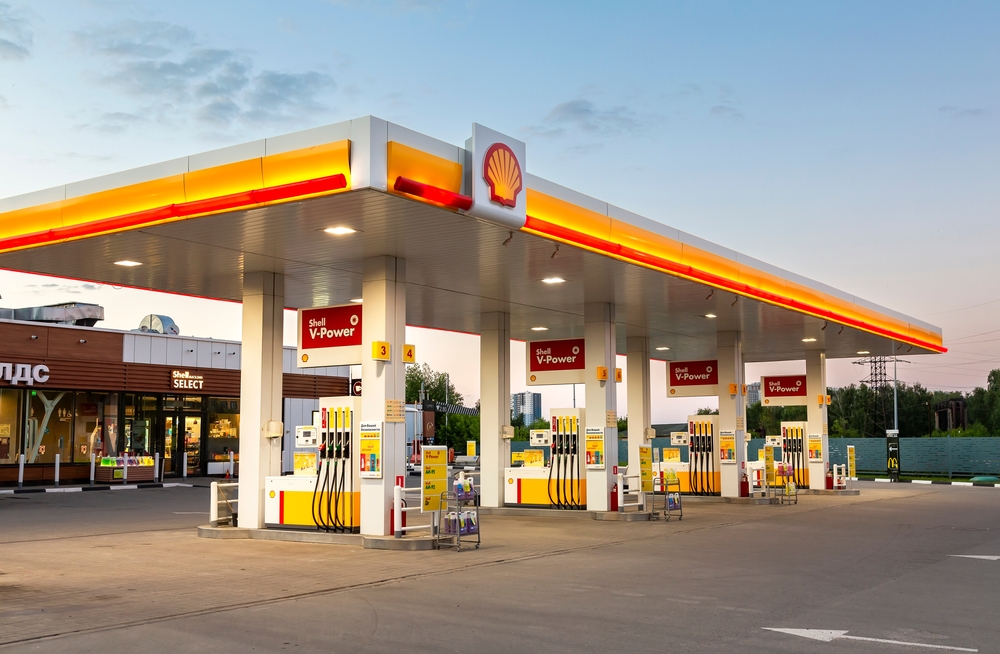
Shell set an ambition to become a net-zero emissions energy business by 2050. This includes efforts to reduce emissions from their operations, and from the manufacture of their products, as well as investing in renewable energy projects and carbon capture technologies.
ExxonMobil’s Carbon Capture and Storage
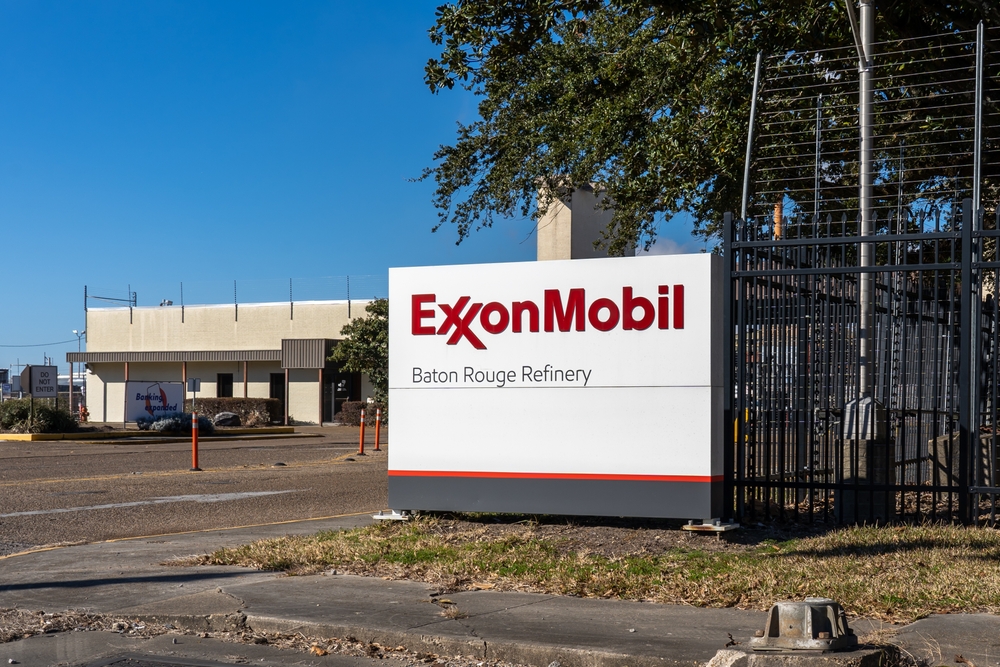
ExxonMobil is investing in Carbon Capture and Storage (CCS) technology as a part of its strategy to address climate change. They have also set a goal to reduce greenhouse gas emissions in their operations.
Chevron’s Renewable Natural Gas Partnership
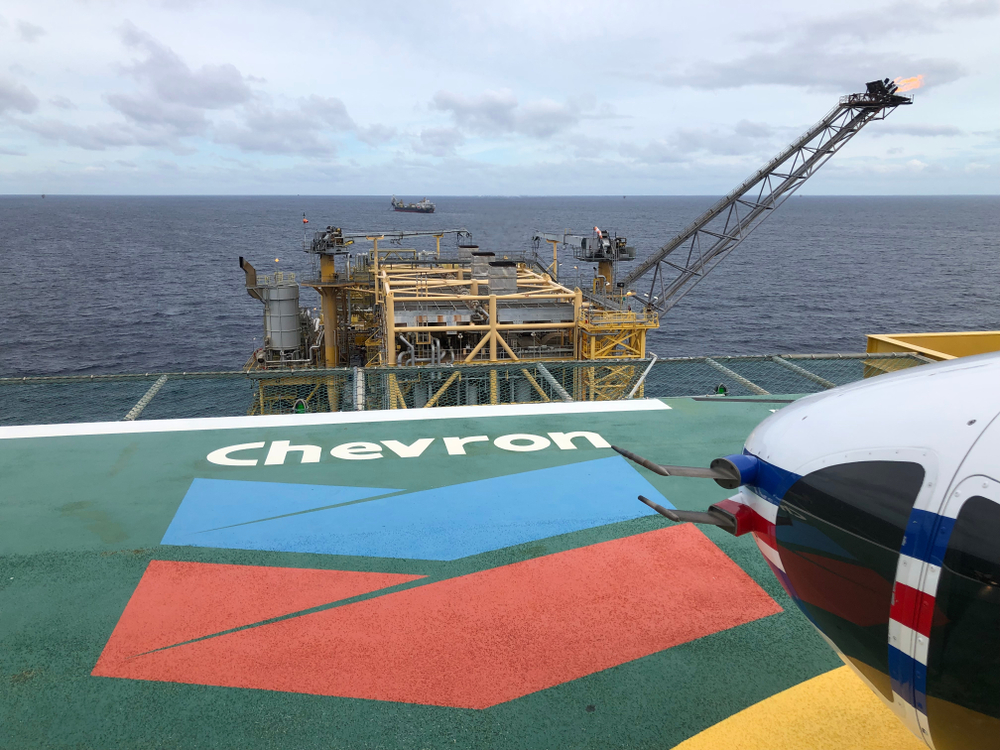
Chevron partnered with Brightmark LLC to produce and market dairy biomethane, a renewable natural gas. This partnership aims to reduce methane emissions from dairy farms.
TotalEnergies’ Renewable Energy Investments
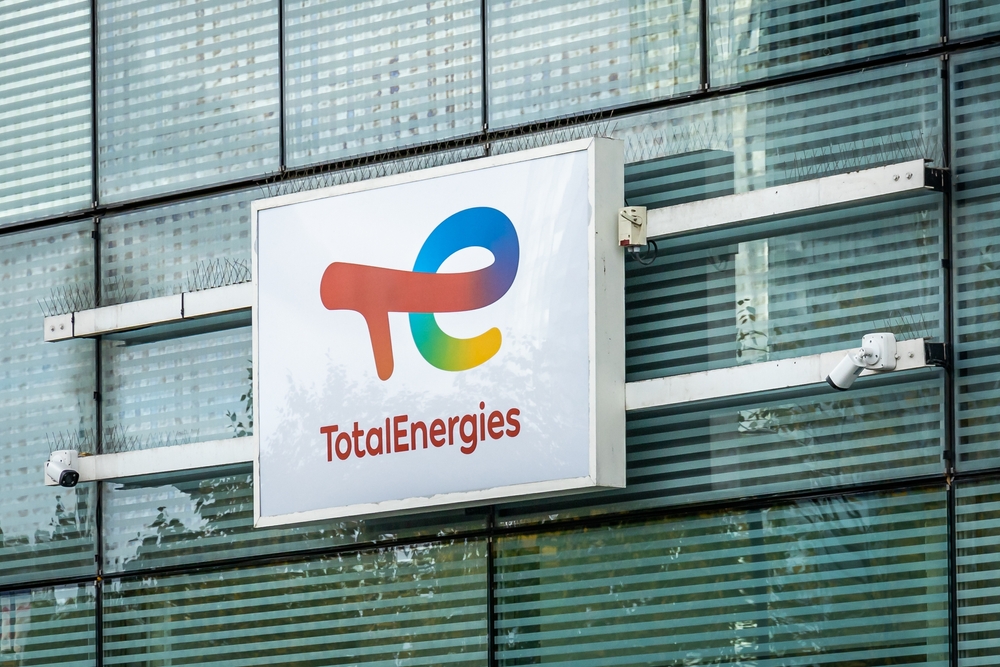
TotalEnergies has been investing in solar and wind energy projects globally, aiming to reduce its dependence on fossil fuels. They set a goal to have 35 GW of renewable energy generation capacity by 2025.
Equinor’s Offshore Wind Projects
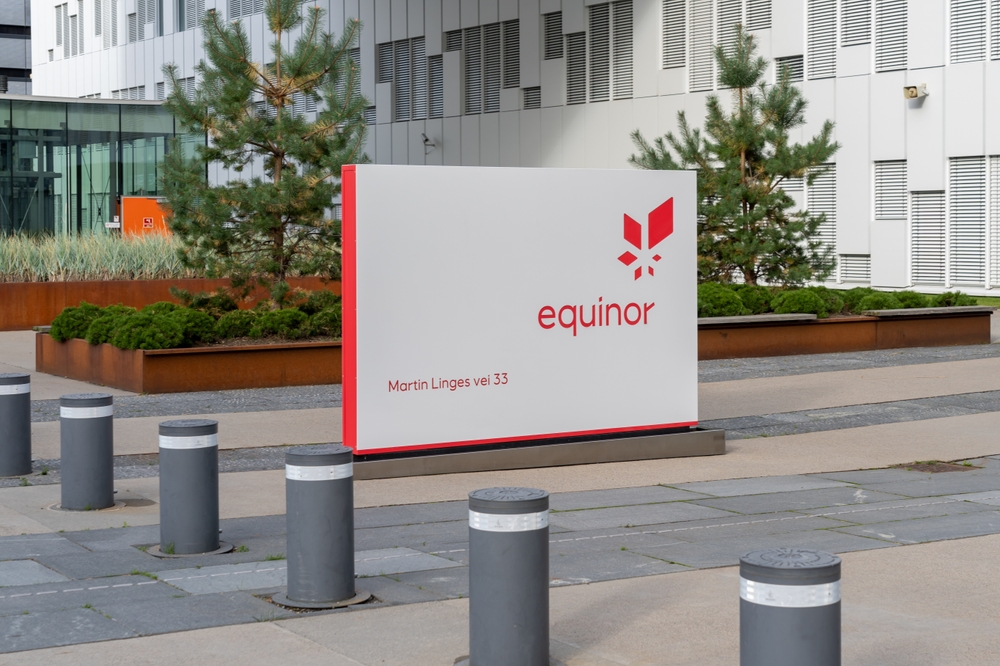
Equinor has been investing in offshore wind projects as part of its strategy to transition to cleaner forms of energy. They are developing offshore wind projects in several countries, including the UK and the US.
ConocoPhillips’ Low Carbon Solutions Business
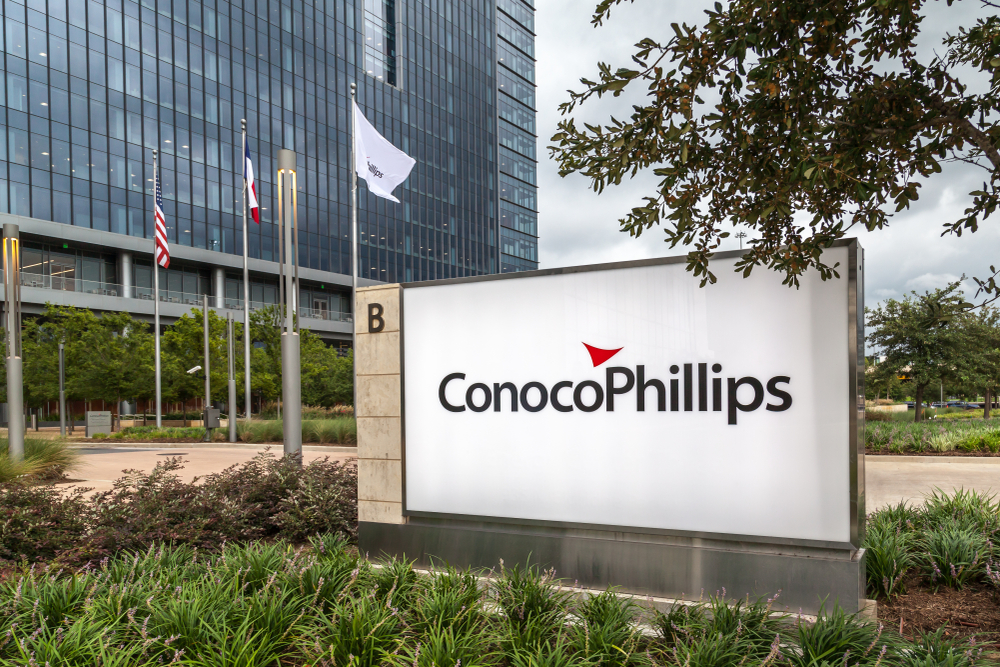
ConocoPhillips created a new Low Carbon Solutions business to capture and store carbon. This initiative is part of their aim to extend their capability in lowering carbon emissions.
Occidental Petroleum’s Carbon Management
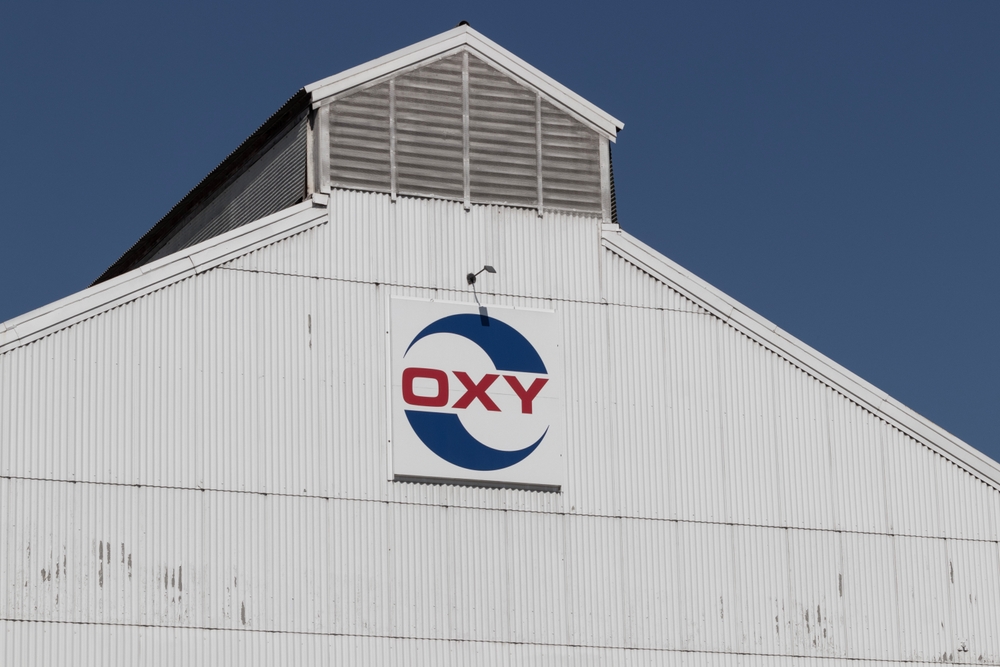
Occidental is investing in technologies to capture carbon dioxide and use it to enhance oil recovery, a process that can sequester carbon dioxide underground permanently.
Eni’s Biorefineries
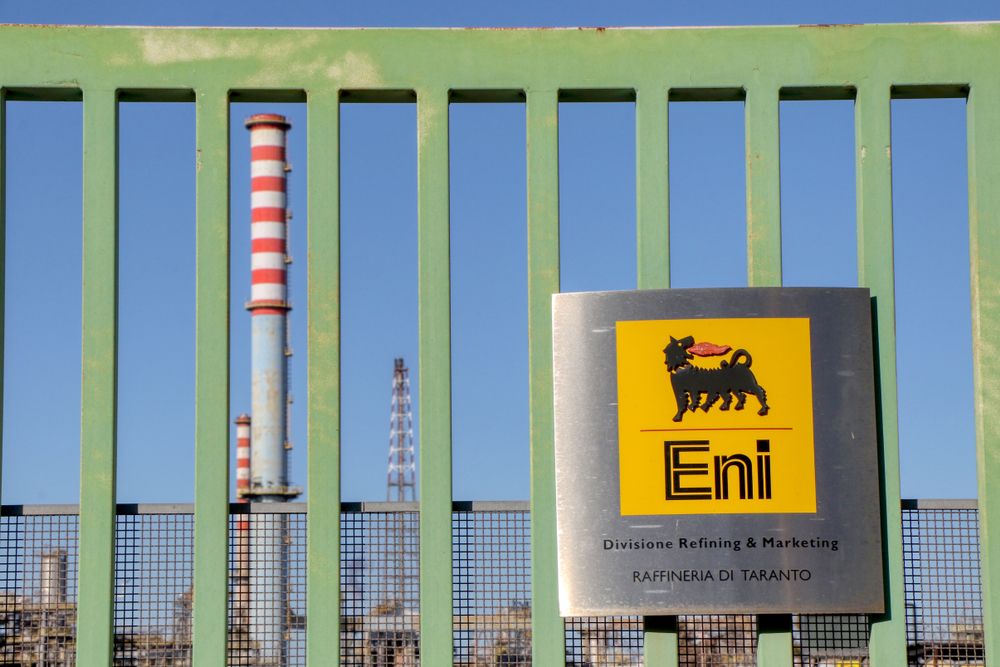
Eni has been investing in the conversion of traditional refineries into biorefineries to produce high-quality biofuels. This effort is part of a broader initiative to reduce greenhouse gas emissions.
Repsol’s Multi-energy Provider Transition
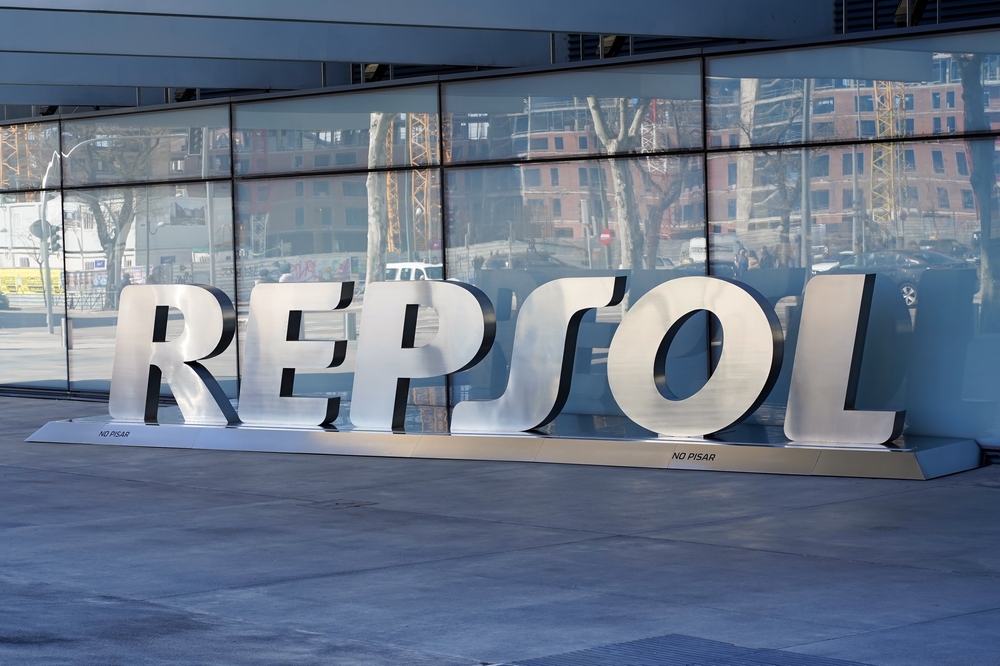
Repsol aims to transition from an oil and gas company to a multi-energy provider. They set a target to achieve net-zero emissions by 2050 and are investing in renewable energy and other low carbon technologies.
This article originally appeared on MyCarMakesNoise.
More from MyCarMakesNoise
25 Most Reliable German Sports Cars That Never Let You Down

When it comes to sports cars, Germany has a well-deserved reputation for engineering excellence and reliability. In this list, we’ve compiled 25 of the most reliable German sports cars that you can count on for thrilling performance without compromising on dependability. Read More.
20 Most Beautiful Sports Cars Ever Crafted

In the world of sports cars, the quest for speed blends with visual beauty, creating vehicles that are as gorgeous as they are exciting to drive. Throughout automotive history, some models have become iconic, representing the peak of design and performance for their time. Read More.
20 Reliable Touring Motorcycles That Won`t Break the Bank

From sleek sportbikes to rugged adventurers, these bikes are meticulously chosen to enhance your travel experience while keeping costs manageable. Read More.














